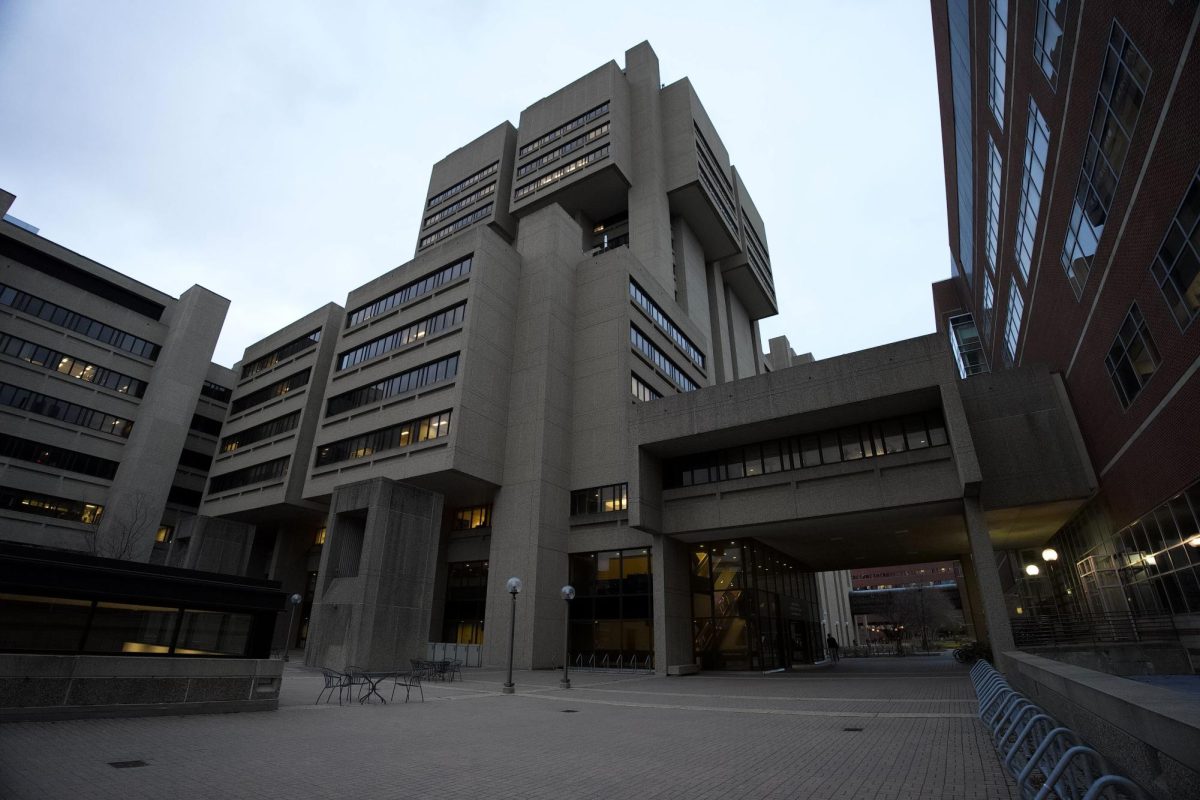The political turmoil in Pakistan following bombings at a celebration of exiled opposition leader Benazir Bhutto Oct. 18 reached new heights Saturday when Gen. Pervez Musharraf seized emergency powers and suspended constitutional rights. Included among the suspended articles of the Pakistani Constitution are rights of habeas corpus, freedom of movement, assembly, freedom of speech and press.
The New York Times reported Sunday that Musharraf justifies this action along with his firing of the Supreme Court with “the need to combat extremists sympathetic to the Taliban and al Qaida.” Diplomats believe, however, that the dismissal of the Supreme Court coincides with the justices’ pending decision on the validity of Musharraf’s re-election on Oct. 6. Journalists and lawyers are among those speaking out – and getting arrested – for expressing their disapproval of the inhibiting measures taken.
All privately owned media channels are off the air, and after suspending articles of the Constitution, the government pushed regulations that included making it illegal to report critically about government policies or broadcast footage of anti-government protests.
Secretary of State Condoleezza Rice told reporters Sunday that the United States would review its financial aid package with Pakistan, although changes in military aid are unlikely to occur due to the strategic nature of the United States’ relationship with the country in the “War on Terror.” The U.S. embassy in Pakistan issued a statement condemning Musharraf’s actions, urging the government to “quickly lift the detention orders and immediately permit broadcasters to resume their programming.”
The abuse of press freedom in Pakistan is by no means a new phenomenon. Although journalists have been able to exercise their right more freely recently, many practice self-censorship and endure tremendous pressure from government authorities.
The broadcast media is defunct, but newspapers are currently functioning, albeit one can imagine with the new regulations in place, editors and reporters are unable to disseminate a vast amount of truthful information relevant to the people of Pakistan.
Musharraf’s actions stand in direct contrast to comments he made while President George W. Bush visited Pakistan in March 2006. When asked about Pakistan’s move toward democracy at a press conference in Islamabad, Musharraf detailed several shifts toward a more democratic society, including a free press, which he described as “totally liberated.”
In what Newsweek’s cover story last week called “the most dangerous nation in the world,” press freedom in Pakistan could not be more vital to holding people accountable, whether they be government officials or the terrorists these measures are supposed to help fight. Musharraf’s actions are certainly not democratic and are entirely overreaching.
I am happy the United States acknowledged that Musharraf’s actions were unreasonable. Although I believe press freedom in the United States is not perfect, we do get a lot of it. Beyond our own Constitution, Article 19 of the Universal Declaration of Human Rights outlines the right to freedom of expression. It is important that we stand up for the civil rights we hold so dear to be recognized by governments everywhere as fundamental human rights for people across the globe.
Chelsey Perkins welcomes comments at [email protected].







